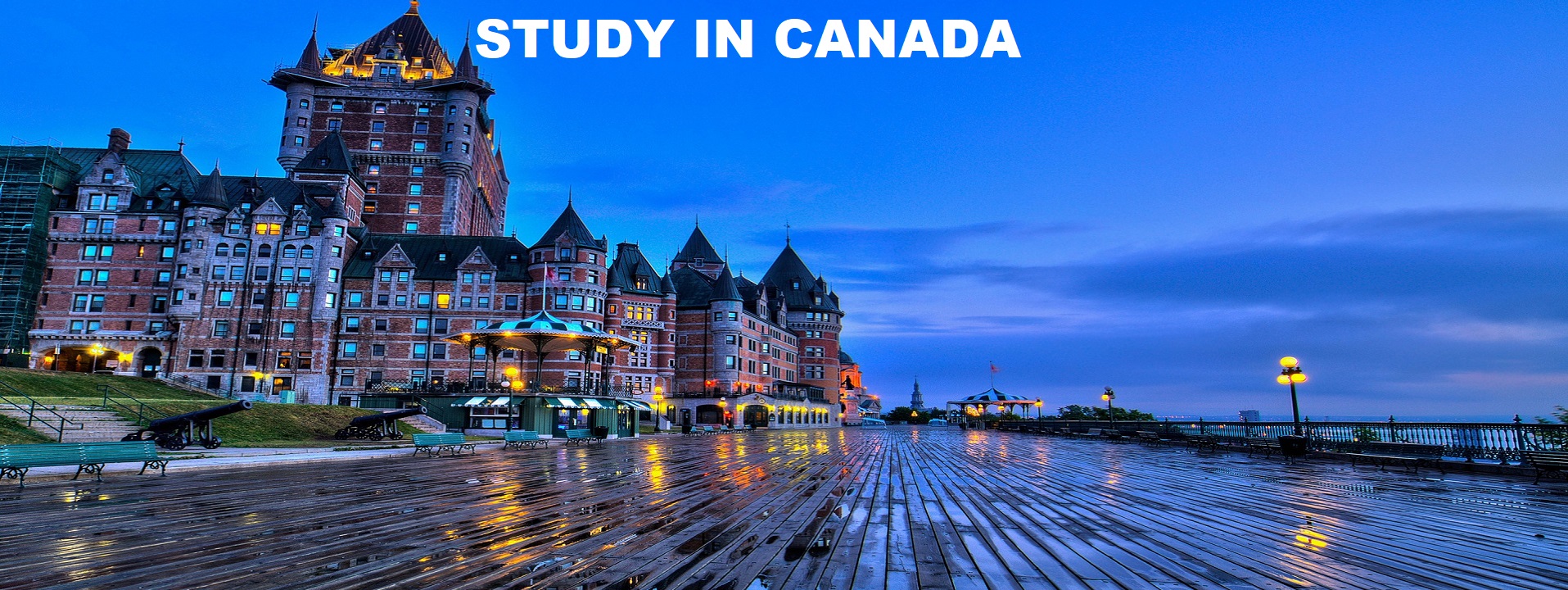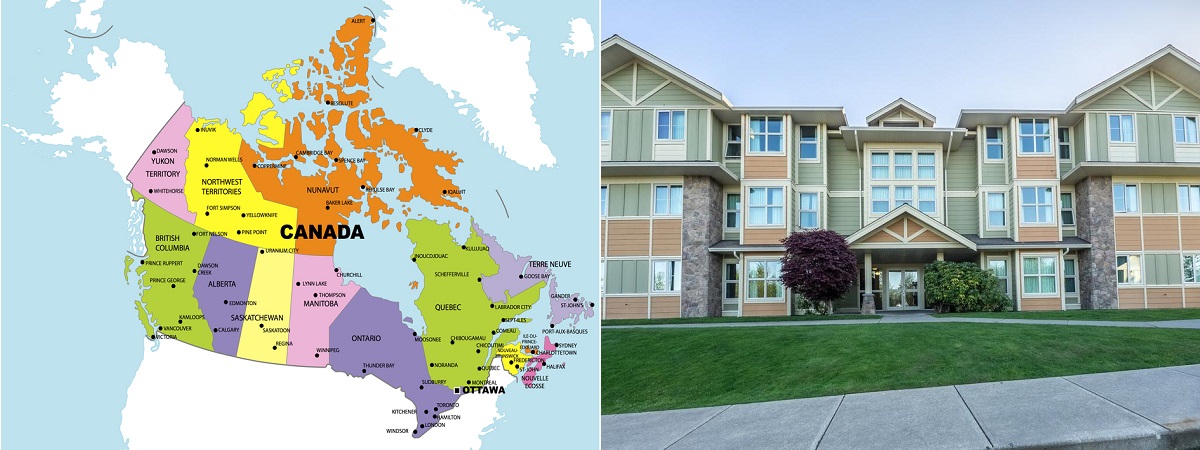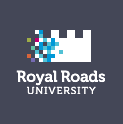
About Canada
MBBS Study Canada | Abroad Education Consultants Canada | Canada student visa consultants Delhi | Masters Study Canada | Study MBA Canada
MBBS Study Canada | Abroad Education Consultants Canada | Canada student visa consultants Delhi | Masters Study Canada | Study MBA Canada
MBBS Study Canada | Abroad Education Consultants Canada | Canada student visa consultants Delhi | Masters Study Canada | Study MBA Canada
Canada is the second largest country in the world (after Russia) by land mass. Canada has a total area of 9.9 million sq. km. and touches the Pacific, Arctic, and Atlantic oceans making it the country with the longest coastline. It is composed of 10 provinces and three territories with Ottawa as its capital. The provinces are: Alberta (capital: Edmonton) , British Columbia (Victoria), Manitoba (Winnipeg), New Brunswick (Fredericton), Newfoundland and Labrador (St. John’s), Nova Scotia (Halifax), Ontario (Toronto), Prince Edward Island (Charlottetown), Quebec (Quebec City), and Saskatchewan (Regina). The three territories are: Northwest Territories (Yellowknife), Nunavut (Iqaluit), and Yukon (Whitehorse).
Canada is the first country in the world to adopt a policy of multiculturalism, embracing diversity and pluralism. Today, of Canada’s total population of more than 35 million, a fifth are immigrants. In fact, based on the 2011 National Household Survey (NHS), Canada is home to people from over 200 ethnic origins. Major cities include massive Toronto, west coast film centre Vancouver, French-speaking Montréal and Québec City, and capital city Ottawa. Canada’s vast swaths of wilderness include lake-filled Banff National Park in the Rocky Mountains. It’s also home to Niagara Falls, a famous group of massive waterfalls.
Education in Canada is generally divided into primary education, followed by secondary education and post-secondary. It encompasses both publicly-funded and private schools, including: community colleges/ technical institutes, career colleges, language schools, secondary schools, summer camps, universities and university colleges. Education is compulsory up to the age of sixteen in every province in Canada, except for Ontario and New Brunswick, where the compulsory age is eighteen.
Living in Canada
Depending on your budget, expectations, and other circumstances, Canada’s schools can supply or connect you to a variety of both on and off-campus accommodation options.
MBBS Study Canada | Abroad Education Consultants Canada | Canada student visa consultants Delhi | Masters Study Canada | Study MBA Canada
Main Types of Accommodation: Standard accommodation for international students falls into one of five typical options.
1. Student Residence – Dormitories & Townhouses – Some schools provide student residence on-campus or nearby the campus. Dormitories are usually larger buildings housing many students, while townhouses are detached, housing usually three to six students. Dormitories have common areas for entertainment, cooking, and exercise, as well as shared bathrooms and shower facilities. These dormitories sleep one or more person per room, and are managed directly by the school. Dormitories are often a suggested housing choice for first-year college and university students.
Townhouses usually contain three to six bedrooms with single occupancy rooms (no roommates) and a main floor containing kitchen and living room area. This style of accommodation is usually reserved for second – fourth-year university students and graduate students. In both cases, these styles of accommodation may include a nearby cafeteria or food court where you can eat daily, or are situated in close proximity to eating establishments on or off-campus. Both options might include utilities such as heat, hot water, and internet, or offer them at a reduced fee.
2. Off-Campus Shared Apartment or Condominium – Off-campus shared apartments provide students with a single room, in a living space with one or more other roommates. Like townhomes (above) they most often contain a single occupancy bedroom or living space and have a shared kitchen, bathroom, dining, and living room area. Rental costs for off-campus housing vary dramatically, especially in the larger cities of Vancouver, Toronto, and Montreal.
3. Host Family/Home stay – Living with a host family can provide you with a sense of home and security as you start your new life in Canada. Host families normally provide a private, single-occupancy room, and serve one – three meals per day and internet access. A host family can also answer questions about the city, introduce you to Canadian culture and customs and share mealtimes with you. Shared accommodation may be an option, and also room-only options (without meals) may be possible. Students living in homestay accommodation should expect to travel 30 – 50 minutes by bus or train in order to reach the school. This is a normal commute time in Canada.
4. Furnished or Unfurnished Apartment Rentals – There are many secure ways to find a temporary furnished apartment rental before your arrival in Canada by using websites such as Airbnb, Craigslist, HouseTrip or Wimdu. These apartments are normally furnished, private rentals. Be sure to read the reviews of each rental and check the feedback from other guests who have previously stayed there. Renting an unfurnished apartment is also possible, but difficult to navigate for first-time international students to Canada.
Institutions Represented
MBBS Study Canada | Abroad Education Consultants Canada | Canada student visa consultants Delhi | Masters Study Canada | Study MBA Canada















































